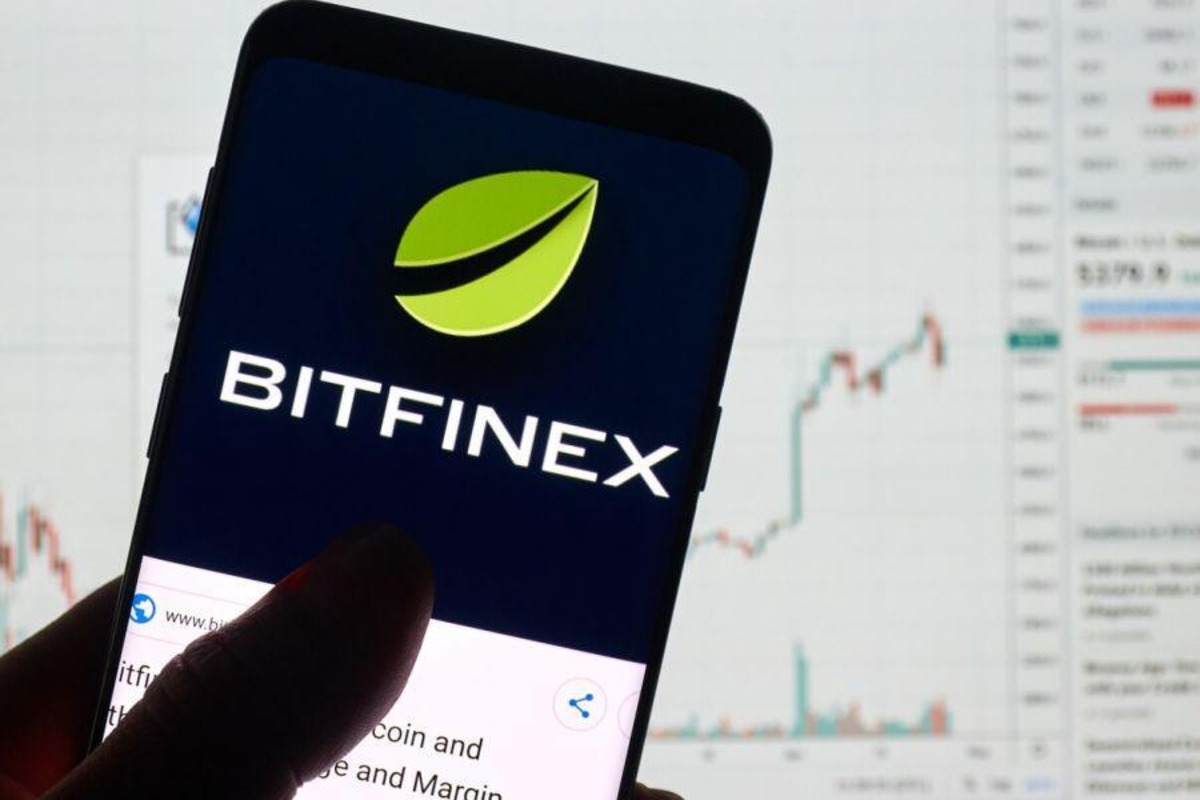Bitfinex Owner Seeks Regulatory Leverage with $150 Million Buyback

In response to the recent regulatory challenges faced by Bitfinex, iFinex Inc., the Hong Kong-based parent company, is set to repurchase shares worth $150 million from its shareholders, constituting approximately 9% of the company’s total outstanding capital. This move, reported by Bloomberg on October 10, aims to provide iFinex with greater control over its private dealings and streamline its ownership structure.
On September 22, iFinex extended an offer to its shareholders, proposing the buyback of 15 million shares at a rate of $10 per share. This initiative, which values the company at $1.7 billion, is contingent on an infusion of cash from at least one of iFinex’s subsidiaries.
iFinex’s decision to engage in a share buyback is a strategic response to its positive performance in recent years and a testament to its resolve to navigate the challenges and opportunities presented by an ever-changing regulatory landscape.
The share buyback initiative also addresses shareholders who acquired iFinex shares through BnkToTheFuture, offering them an avenue to exit what has been described as a relatively illiquid investment. This move follows a significant setback in 2016 when Bitfinex experienced a Bitcoin hack, resulting in a $71 million loss. In an effort to compensate users affected by the hack, Bitfinex issued BFX tokens, which were later exchangeable for shares in the parent company, iFinex.
Several directors at iFinex and its subsidiaries will participate in the share buyback, with a deadline set for October 24. This deadline marks a significant milestone in iFinex’s pursuit of operational autonomy amidst evolving regulatory challenges.
Bitfinex Parent Company’s Share Buyback Targets Hack-Affected Shareholders
Recently, a New York couple linked to the Bitfinex hack was arrested and subsequently pleaded guilty to a money laundering conspiracy, marking a significant development in the case.
The couple, Ilya Lichtenstein and Heather Morgan, were arrested in February 2022 after U.S. authorities traced about 95,000 stolen Bitcoins, valued at $2.8 billion today, to their digital wallets.
Lichtenstein, 35, confessed to infiltrating Bitfinex’s network, executing over 2,000 fraudulent transactions, and siphoning 119,754 bitcoins. Morgan aided in laundering the funds. Both face significant prison terms if convicted.
Shortly before their arrest, federal agents gained access to a file on Lichtenstein’s cloud storage account containing a list of 2,000 virtual currency addresses and corresponding private keys. Blockchain analysis confirmed that nearly all of these addresses were directly linked to the hack.
In July, Bitfinex announced that it had received $312,219.71 in cash and 6.917 BCH from the United States Department of Homeland Security stemming from the 2016 robbery. The recovered funds are being utilized to redeem Recovery Right Tokens (RRTs) issued to account holders after the incident, serving as a form of speculative compensation for the victims of the attack.
Bitfinex’s Resilience in the Face of Regulatory Challenges and International Expansion Efforts
In 2021, the Commodity Futures Trading Commission (CFTC) slapped Tether and Bitfinex with a substantial fine of $42.5 million. The charges included Tether’s misleading claims about the reserves backing its USDT stablecoin and Bitfinex’s unauthorized services to U.S. customers.
According to a CFTC statement, Tether’s stablecoin was only fully backed by reserves for a quarter of 26 months between 2016 and 2018. The investigation also revealed Tether’s mixing of reserve and corporate funds, as well as holding reserves in non-cash assets.
The CFTC’s order highlighted that Tether had relied on unregulated entities and certain third parties to hold the funds constituting the reserves instead of maintaining them in U.S. dollars as claimed.
In a significant turn of events, in August 2023, Tether and Bitfinex celebrated a comprehensive legal victory as a U.S. District Court dismissed a class-action lawsuit. This lawsuit had been brought against them, alleging misconduct.
The court’s ruling was based on the absence of “plausible allegations of injury” in the plaintiffs’ complaint. Essentially, it found no factual evidence demonstrating any reduction in the actual value of USDT, Tether’s stablecoin, at any point.
However, despite the regulatory challenges, Bitfinex has demonstrated remarkable resilience during market volatility and actively pursued opportunities in international markets. Earlier this year, Bitfinex achieved a significant milestone by becoming the first cryptocurrency exchange to secure a license in El Salvador.




